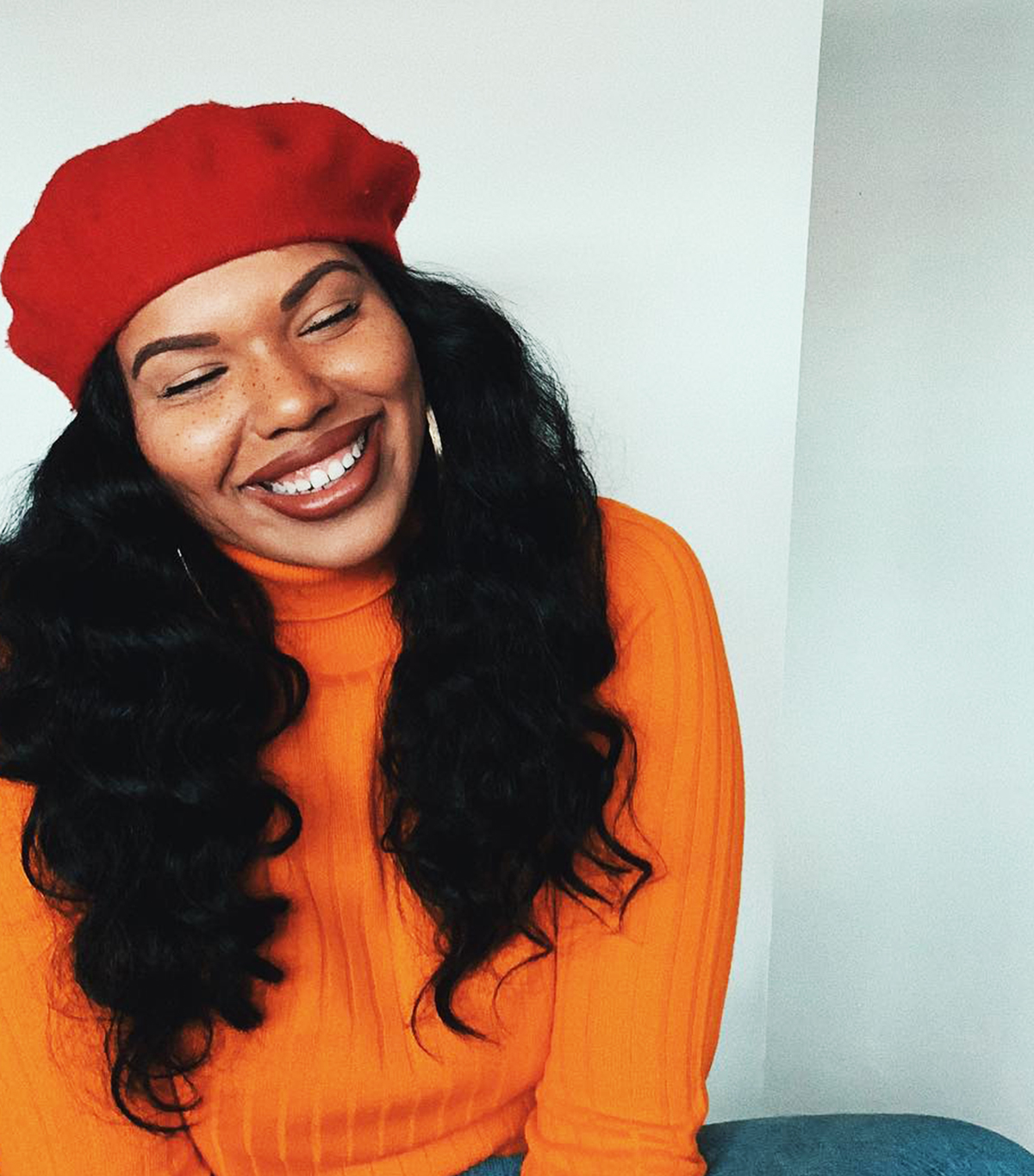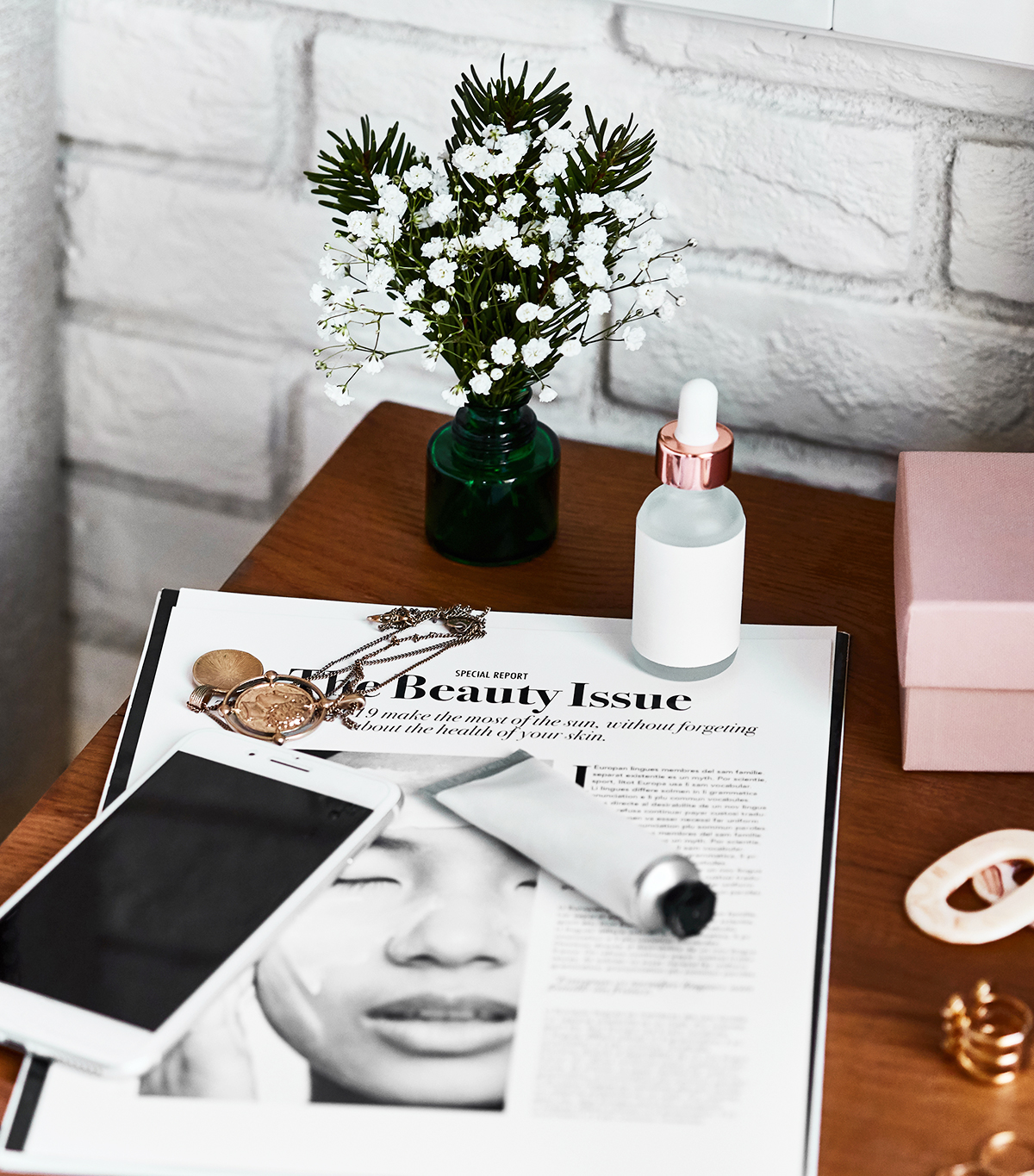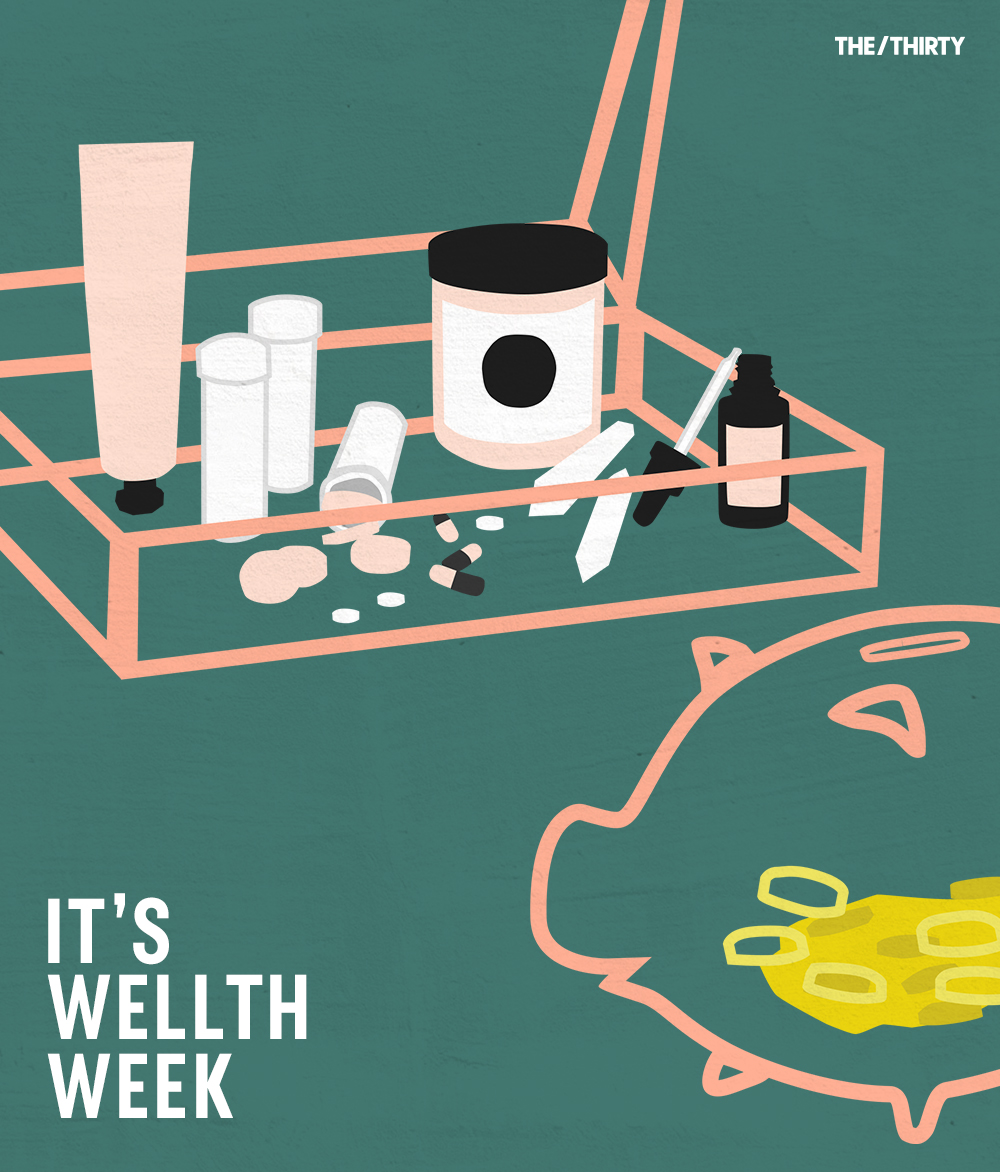How to Train Your Brain to Save More Money, According to a Psychologist

While financial stress isn't exactly a novel concept, our generation definitely feels the pinch more than ever: Research shows that one in three millennials experience anxiety about money. That's why this week, we're tackling financial wellness from every angle. Get expert advice on everything from the psychology of saving to investing when you have no clue where to begin. Financial empowerment is the ultimate goal—but you might just raise your bottom line, too.

Throughout my own budgeting journey, I've learned that a shift in mindset trumps even the shrewdest of financial strategies. And that's probably because even though our culture associates money with a certain coldness, in reality, our spending habits are actually kind of emotional. Think of the giddiness you feel after a fun purchase or the regret (or even shame) that might flash through you after opening a high credit card bill.
This emotional cycle is closely tied with the way our brain establishes habits, which is why breaking yourself of the urge to shop is easier said than done. "On the most basic level, we are hardwired to spend money because we want to feel good," says psychologist Heather Silvestri. "This isn't just the naivete or ignorance of the human condition; it’s sort of the way our brains work around risk-reward loops."
To this end, my saving habits only went into overdrive when I realized that seeing my bottom line go up felt even better than my post-shopping high. In other words, I was still tied to an emotion. I just built a more productive habit around it.
Why does it feel so good to spend money in the first place?

"It feels almost bigger than us—that rush of spending money you may or may not have on something you may or may not need or even want," writes my colleague Amanda Montell. And that's because it kind of is: "Research shows that buying something wanted releases a rush of neurotransmitters in your brain that net out in improved mood," says Silvestri. "And when you are in a bad mood and purchase something, you tend to feel a greater sense of control. This is because buying is affirmative, whereas not purchasing something is a passive choice."
It's no wonder that shopping can feel less like a pesky habit than a slippery hole you're trying desperately to climb out of—especially if it's devolved into credit card debt or a dent in your savings. "In a way, hope is the fulcrum of spending because the act of choosing to acquire something is imbued with an expectation that it will somehow add to our well-being," adds Silvestri. "Why else would we be buying it?"
Shifting the habit

In this case, knowledge is definitely power. "The road to health is almost always paved with mindfulness and awareness," says Silvestri. "Once we recognize what is driving our spending choices, we can begin to change our habits."
But the next crucial step is to make saving money feel really appealing, even if that means allowing yourself small indulgences here and there. Resisting our hardwired urge for instant gratification is only going to make this new habit feel that much less motivating, so its best to strategically lean into it, says Silvestri—kind of like leaving room for cheat meals after adopting a healthier diet.
"Too much deprivation leads to overconsumption, which corrects to more deprivation, and so a self-perpetuating loop of suffering begins," she says. "In a way, the secret sauce of financial health mirrors any other kind: Attaining a good enough mix of immediate reward and future-oriented, longer-term decision-making."
Figuring out what that mix looks like to you may take some time, and certainly a little trial and error. I learned, for example, that I really don't miss my gym membership, but that eating out a couple times per week is a ritual I'd like to maintain. It also helps to see this as an opportunity to declutter your life of any habits and expenses that aren't serving you. In other words, you're Marie Kondo–ing your bank account.
"I am always a big advocate of keeping things gratifying enough in the here and now as the key to being purposeful about your future," says Silvestri. But don't ignore the long-term rewards either. "Because there is great incentive to push off until tomorrow what you would rather not do today, it’s easy to keep forestalling saving," she adds. "Once you've consciously recognized your interest in saving now, not tomorrow, you can keep that link going by peppering your world with concrete cues and reminders."
That might mean filling your Pinterest boards with images of a vacation spot or your dream house. But don't discount the motivational appeal of seeing your funds swell, either: These days, my savings account is sparking all kinds of joy.

Next up: Read about one editor's experience on a money diet.
This article is provided for informational purposes only and is not intended to be used in the place of advice of your physician or other medical professionals. You should always consult with your doctor or healthcare provider first with any health-related questions.
